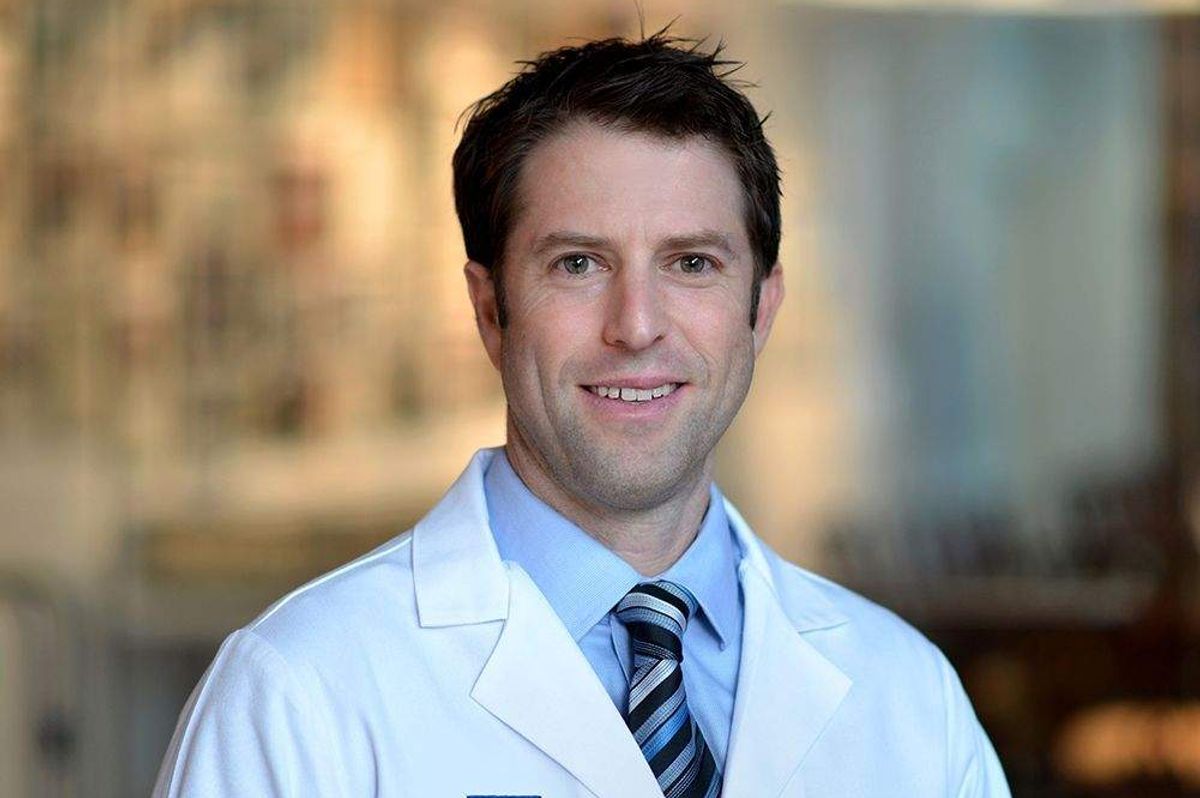Editor's note: Every week, I introduce you to a handful of Houston innovators to know recently making headlines with news of innovative technology, investment activity, and more. This week's batch includes a health tech innovator, an investor, and a startup CEO.
Jon Nordby, managing director of Anthropy Partners

Jon Nordby's career has been focused on cultivating a culture for innovation, and now he's focused on human potential technology opportunities. Photo courtesy
In his role overseeing startup accelerators for MassChallenge, Jon Nordby started noticing one industry vertical stood out in terms of success and opportunities: Human potential. Now, Nordby is a founding member of an investment firm looking for those opportunities.
Nordby, who served in various leadership roles at MassChallenge — including managing director and head of ecosystems — said he started realizing the opportunities within the organization's space and sports tech programs.
"What we realized over a couple of years running the program was that sports tech as a theme was too limiting," Nordby says on the Houston Innovators Podcast. "We were finding really great technologies, but we were limited at the market size of teams and leagues to deploy those technologies."
"Over the course of that program, we found that the things that were related more to human health and performance tended to out perform all of the other things related to sports tech — like media, entertainment, gambling," Nordby continues. "Still really great markets for those technologies, but we found a lot more traction for human performance." Read more.
Benjamin Musher, professor at Baylor College of Medicine and medical director of medical oncology at the Duncan Cancer Center McNair Campus

The new center is specifically designed to allow patients to be on the cutting edge of testing brand-new therapies that could save their lives. Photo via BCM
Cancer treatment in Houston just became even more promising — and forward-thinking.
Phase 1 clinical trials are necessary to prove the efficacy in humans of treatments that have appeared promising in lab trials. In the name of cancer-fighting innovation, Baylor College of Medicine’s Dan L. Duncan Comprehensive Cancer Center has launched the Albert and Margaret Alkek Foundation Center for Experimental Therapeutics.
The new center is specifically designed to allow patients to be on the cutting edge of testing brand-new therapies that could save their lives.
“Clinical trials are critical for advancing the field of oncology and improving outcomes for cancer patients. Phase 1 trials are the first step in bringing innovative therapies to the clinic,” says Dr. Benjamin Musher, Barry S. Smith endowed professor at Baylor and medical director of medical oncology at the Duncan Cancer Center McNair Campus, in a news release. “Our new program will build on the success of previous phase 1 trials at Baylor and provide robust infrastructure to offer more clinical trial opportunities to our patients.” Read more.
Mark Semmelbeck, founder and CEO of A Better Meal

A Better Meal — a new app from a Houston founder — gives you all the tools you need to make healthier food choices. Photo courtesy
After many years of living to eat, a large swath of American society is now facilitating a seismic shift to the healthier alternative, eating to live.
But here’s the rub: eating healthy is confusing, time consuming and, unfortunately, oftentimes pricey.
So, anyone that can come in and cut through the healthy eating machine can carve out a necessary niche in the marketplace.
Enter Houstonian Mark Semmelbeck, founder and CEO of A Better Meal, a platform created to help busy families plan healthy meals easier and to make gradual improvements to their health and well-being.
“My vision is to use rapidly expanding AI technology together with the knowledge and wisdom of an active community to take the stress out of meal planning and improving nutrition,” says Semmelbeck, a seasoned oil and gas executive with over 30 years of experience in founding companies. “While developing the technology for the app, my daughter gave me two beautiful grandkids who both have significant food allergies. Combine that with the fact I now have five cardiac stents and the significance of eating well while paying attention to the details has only grown in importance.” Read more.


 Apple doubles down on Houston with new production facility, training centerPhoto courtesy Apple.
Apple doubles down on Houston with new production facility, training centerPhoto courtesy Apple.

